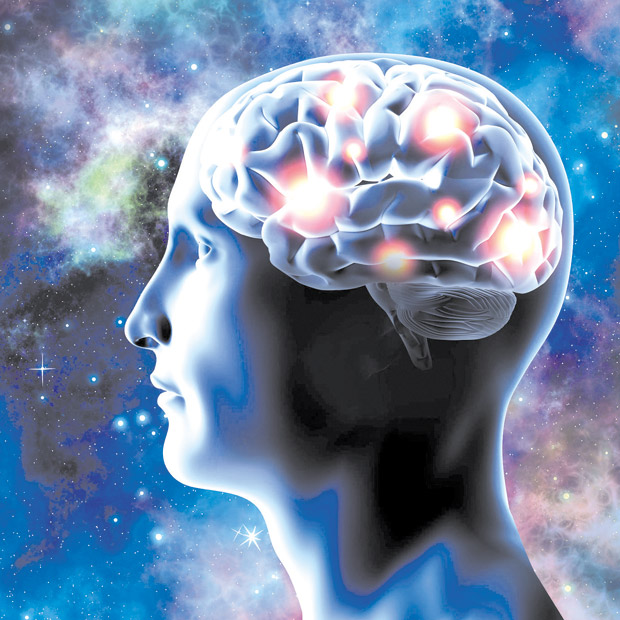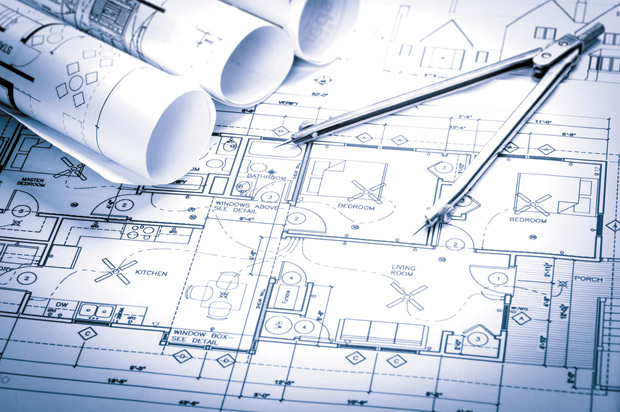Feng shui and neuro-architecture
QUESTION OF THE WEEK: My husband is the type that is not into anything that is not “proven” and he sees feng shui as being “fluffy.” Can you offer anything that gives credibility to the effectiveness of feng shui principles?
Well, there is a field of design called “neuro-architecture,” which closely correlates with feng shui. Neuro-architecture brings in science, and is the study of how architecture affects the human experience. In the past few years, neuro-logical research shows that factors such as light, space and room layout affect physical and psychological well being in areas such as stress, emotion, memory and more.
The Power Position
A main feng shui concept has to do with positioning. Neuro-architectural studies show situating yourself so that you can see all the activity in the room is considered a de-stressor. In the kitchen, the same concept is used, suggesting that it is preferable to cook at a stove where you can see the activity around you. In homes where the stove faces a wall, a common feng shui “cure” is to place a mirror above the stove to see the activity behind you.
Neuro-architecture studies show that the “sweet spot” for the stove is a location where you can cook while looking at others in the room (like on a kitchen island). Studies show that when you are at the stove with your back to the noise and activity your brain is more likely to produce adrenaline and cortisol, hormones associated with anxiety, fear and stress.
However, when you are facing the heart of the room and can see what is going on, you feel safer and more in control, as evidenced by the greater release of oxytocin and serotonin — hormones associated with relaxation and enjoyment.
Your decor needs to “feed” you
Even though good feng shui is associated with a clutter-free environment, it consistently maintains that the things in your home should have personal meaning. While at first glance minimalist interiors like those in interior design magazines may seem favorable, in actuality, they are not supportive of your energy.
In one of the tests done on Alzheimer patients, visual cues in the environment, such as familiar images and objects, were found to help patients walk with a greater sense of purpose, minimizing the tendency to wander. In the same way, when you can look around your home and see evidence of who you are in books, projects and personal items, your brain receives grounding signals.
Having your own space
Neuro-architecture clearly shows through EEG monitoring (a machine that measures electrical activity in the brain) that a lack of privacy is stressful. Experts say that even if you cannot have your own room, finding ways to guarantee that you have solitude is important. Suggestions include designating a time when the bathroom is yours or finding an area of the home where no one will disturb you.
Do you have a question for Alice? If so, send it to alice@yourhappinessu.com. Alice Inoue is the founder and Chief Happiness Officer at Happiness U, a friendly, educational establishment, where you’ll find inspiring classes geared toward personal growth and self-development. Visit YourHappinessU.com.

